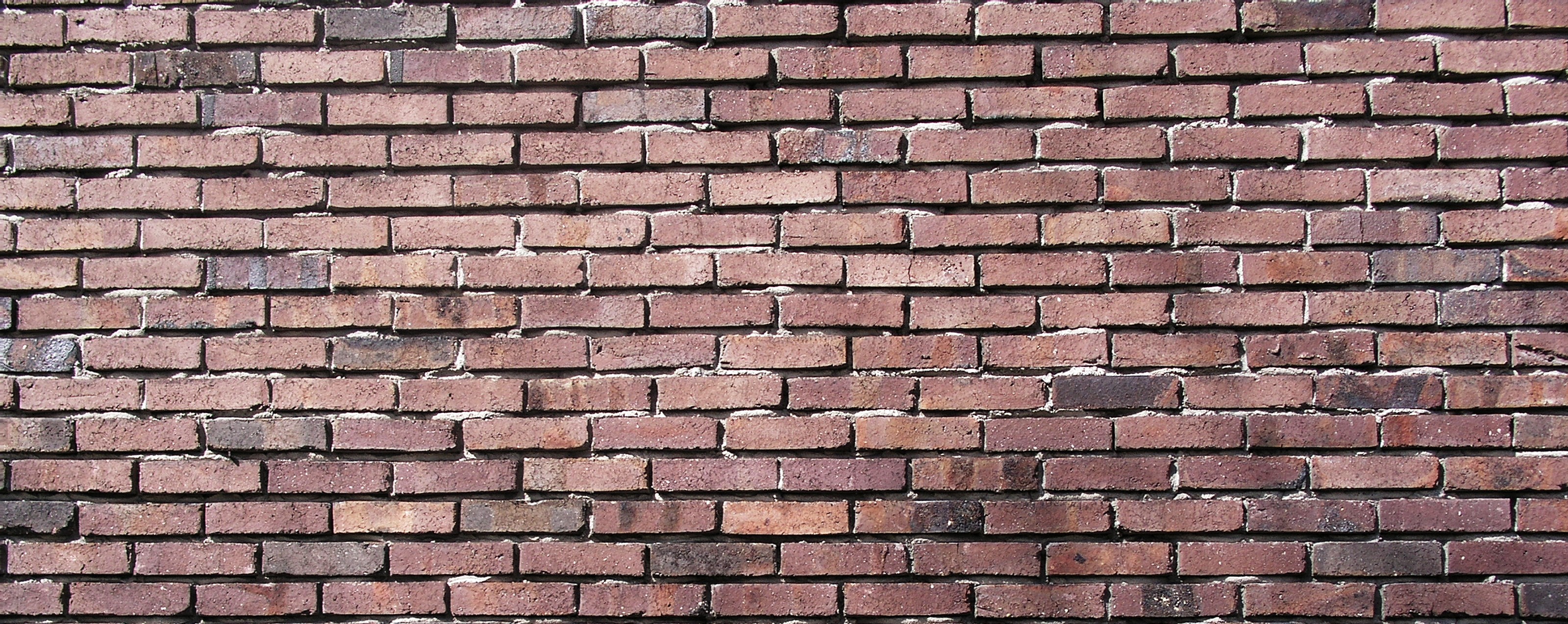Step one: admit that you have it.
Look at the block in your head, familiarise yourself with it. Study it, examine it, and take stock of what is stopping you. Alas, it is the old, faceless foe: writer’s block. Only you can diagnose it, and only you can assess what treatment to tackle it with, and only you can decide whether or not there is a cure.
Wonder how this happened, ask yourself who, in your head, built this wall and how they managed to stack all of those bricks without your notice. Was it Doubt, or Ignorance, or Apathy? Was it you? Were you stacking bricks, thinking you were building something else? Look around: are you facing one wall or four?
Admit that you are blocked, regardless. It’s time to figure out how to move on.
Step two: take a break.
When you’re sick, they say rest. They say, bundle up under your covers and sleep, spend time doing nothing. Don’t run lest you collapse, don’t try to create lest you disappoint yourself. Take a step back to clear your head and reformulate. Remember that you have time, and that you can go at your own pace. You don’t have to reach a certain word count every day and you don’t have to feel guilty about not filling every second that you can by writing.
Look at your wall and know that you’ll need to be strong to climb over it. Rest your arms so they can hoist you up and over it, rest your legs so that they can kick and climb their way to the sky. Sit down against the wall, rest your head, close your eyes, wait.
Step three: go back to your roots.
While you rest, read. Read what made you write in the first place, read what taught you the lessons you live by today. Study the words of your favourite authors, like they are disciples and as though their texts are scriptures. Reread the stories that were your favourites when you were a child and let the words ring out in your head like the voice of God.
Read your favourite passages, watch your favourite films, and take in every inspiration that fills your head and heart with the desire to take pen to paper. Let that need to write fill you, until you feel like it’s going to burst and ooze out of your mouth and ears and out from under your fingernails too. Be filled by what you love, by what made you, you.
Pick up the brush and look at your wall. Cover it in your favourite words and sentences and quotes. Make every brick a lesson learned from someone you loved. Hide the wall underneath all of the words and colours and paints. Now, you stand before everything that inspires you.
Step four: realise it’s been weeks since you wrote.
Feel like a failure. Give into the wall. Rains have washed your lessons and loves and inspirations away into coloured water soaking your feet. You are a child and the wall is a hundred feet tall, maybe taller. It’s hard to tell.
Relish every word that you can write: every half poem with meanings too hidden for even you to find and all of its half-baked metaphors. Stroke every idea and homeless paragraph like a shivering kitten, born too small. Listen carefully to the din of your words and hope that they’ll soon be loud enough to shout the wall down.
Step five: write about your writers block
It seems like a logical step. The wall is dominating your mind, growing taller and taller, reaching the top of your skull. Maybe every word you write about it will knock another brick off of it. Listen carefully and you might hear the brick fall and fall and crash onto the other side, perhaps in pieces. Maybe the wall isn’t what you want to write about, but it’s a start. It’s a step in the right direction.
Feel your arms stretch up and up until you can finger the edge of the wall, all the way up there. Grab onto it, hold it tightly, and know that now all there is to do is pull yourself up.

Lovely!! Very well written, super insightful <33